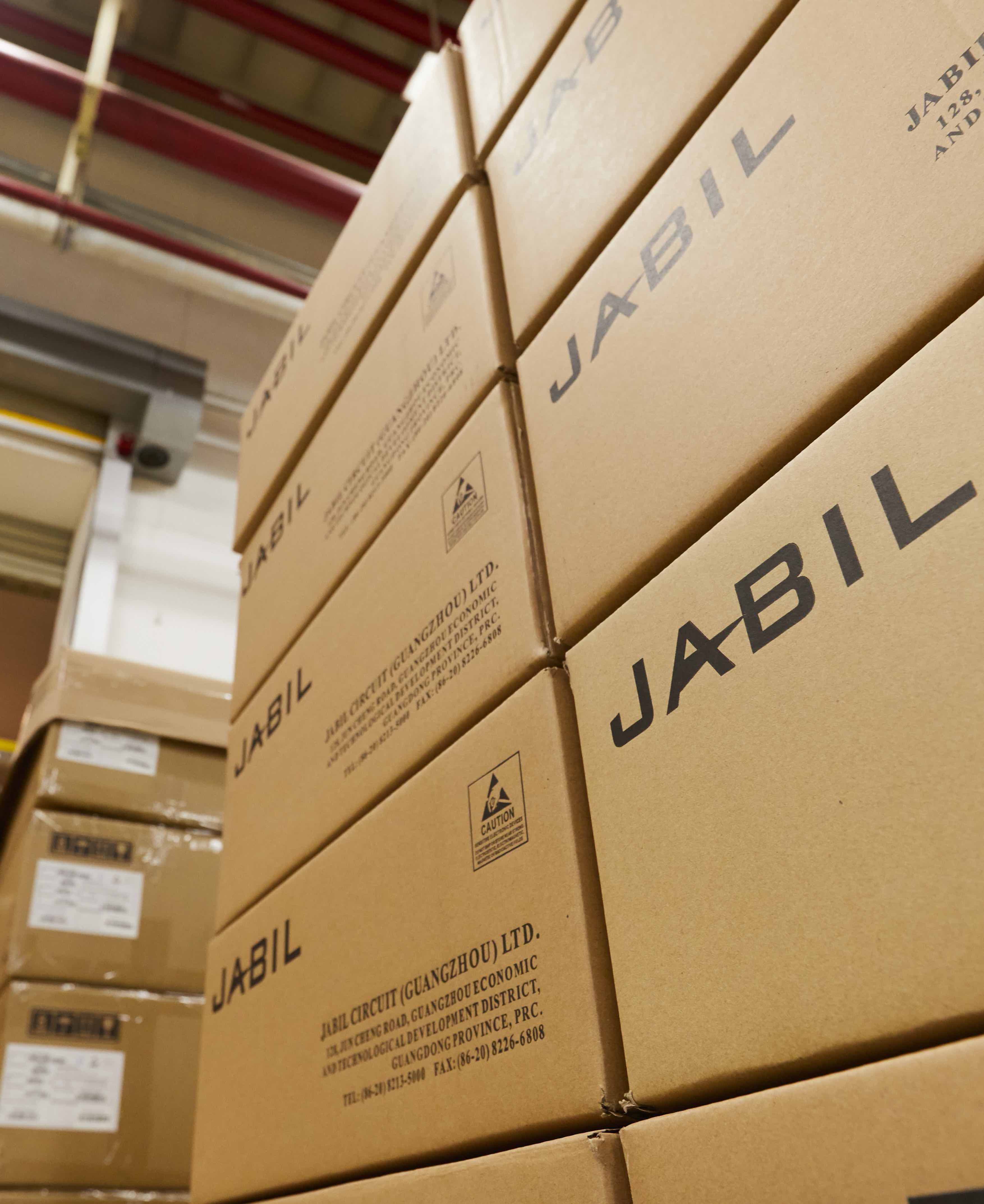Trade Sanctions — Boycotts — Anti-Money Laundering
We Comply with Global Trade Requirements
In this section, we'll cover:

Our Commitment
We are committed to complying with global trade laws. Jabil is involved in international operations, logistics, finance and meeting planning. It is especially important to know and comply with the requirements associated with the countries in which we do business.
Why It’s Important
Many laws govern the conduct of trade across borders, including laws that are designed to ensure that transactions are not being used for money laundering. Other laws address economic sanctions against individuals or countries, regulate exports or prohibit companies from cooperating with unsanctioned boycotts. We protect the Company and make the world a safer place by following these regulations.

How We Do the Right Thing
-
Maintain Records
Maintain required import, export and customs records at each Jabil business location.
-
Boycotts
If you receive a request to participate in a boycott or are asked about our position on a boycott, contact the Legal Department immediately.
-
Get Help
If there appears to be a conflict between laws, customs or local practice, get help from the Legal Department.
-
Trade Sanctions
Trade sanctions, including financial sanctions, are complex. If you are involved in transactions, such as business dealings with a sanctioned country, entity or person, you must contact the Global Ethics and Compliance Team.
-
Exports
Use the export classification of goods, software or technology to determine if they require government authorization for export.
-
Ask Questions
Direct questions or concerns about trade laws or known violations to the Legal Department.
Money laundering is the process by which illegally obtained funds are moved through the financial system to conceal their criminal origin. Jabil is committed to complying with all applicable anti-money laundering laws, rules and regulations.
To help prevent and detect money laundering, only do business with reputable third parties who engage in legitimate business activities and avoid any suspicious transactions that seem to be structured to conceal illegal conduct or illegally obtained funds. Contact the Legal Department if you have any questions.
Find Out More
In the next section, we'll cover:
Anti-Trust Laws — Competitor Meetings — Anti-Competitive Discussion
